Data Governance
What was the challenge faced by the business?
This specialist lender, a rapidly growing finance business, had outgrown its data & MI capabilities. The business had identified a number of data governance issues across its operations but did not know where or how to start addressing them.
How we helped
We were asked to identify the data & MI issues within the business, develop a change roadmap to address them, secure board support for the roadmap and mobilise the first phase of the plan.
Review & Audit
Review of existing data capabilities, spanning people, process, technology, operating model and the data itself. Benchmarked the business against industry/market practices and identified suitable targets to aim for
A parallel review of how the business used data to support its operations was carried out to identify areas where current capabilities were impacting business performance or there were opportunities to improve
Strategy & Roadmap
A 3 year capability building change roadmap was devised, taking into account the need to phase investment based on proving value and the business' broader strategic change plans.
A detailed delivery plan for the initial phase of the roadmap was produced along with costs and associated benefits.
The review findings, change roadmap, detailed plan and business case were communicated and agreed at executive and board level committees.
Delivery
Developed a data & BI operating model for the business, led the recruitment and delivery of internal changes to bring the model to life
Defined and agreed changes to the enterprise risk management framework to formalise data & information risk and establish policies and standards to form a data governance framework
Developed and mobilised a data ownership structure for the group, mobilised and chaired the inaugural data governance forum's
Delivered a series of communication and knowledge sharing sessions as the first steps to improve data literacy and change data culture
Prioritised business issues, agreed a series of quick-win initiatives to address them and oversaw their delivery

The Results
Executive owner for data across the group agreed and actively engaged in the data agenda
Data ownership established within the business including regular governance forum's and an agreed set of responsibilities for data owners
Data owners completed their own risk self assessments identifying key data issues/risks for the business to prioritise and address
Enterprise risk management framework changes agreed, including a data risk policy, risk appetite statement, key controls and standards; put a plan in place to develop the required operating processes as business issues are addressed
New 'Head of Data & BI' role recruited to take responsibility for data across the organisation, with a small but growing team resourced around the role from a combination of external hires and internal moves
Change impact assessment framework amended to include data, leading to significant additional requirements for key strategic projects
Numerous quick wins delivered to improve data quality in critical business processes, both at the point of data capture and in downstream data extraction/derivation processes



